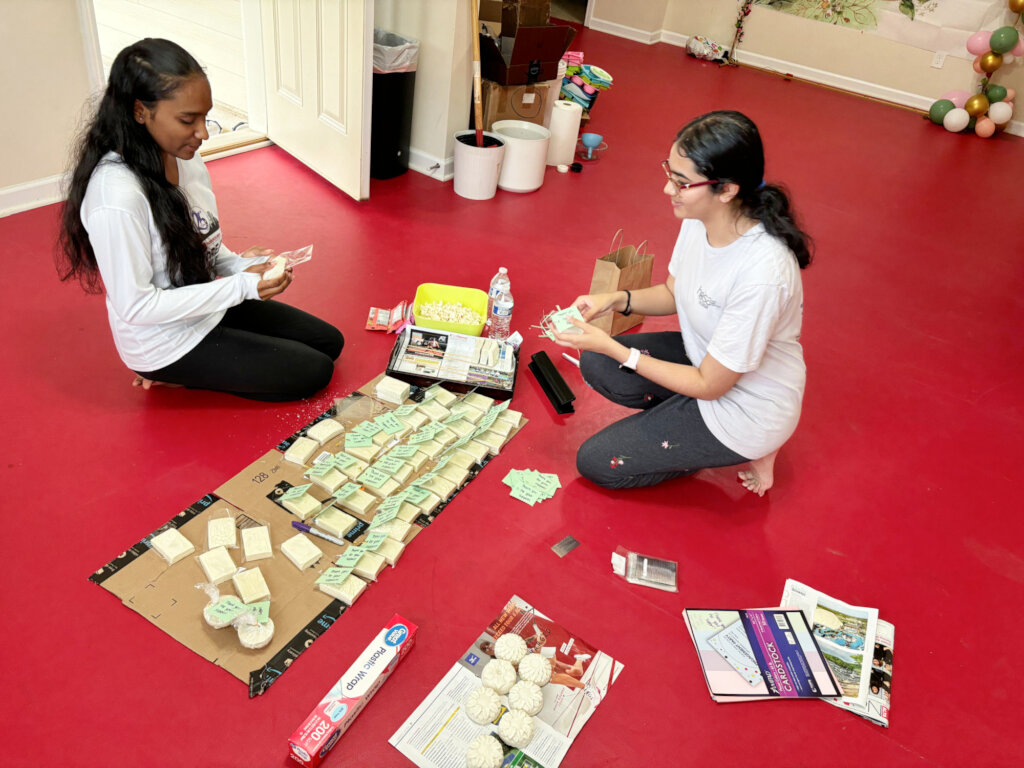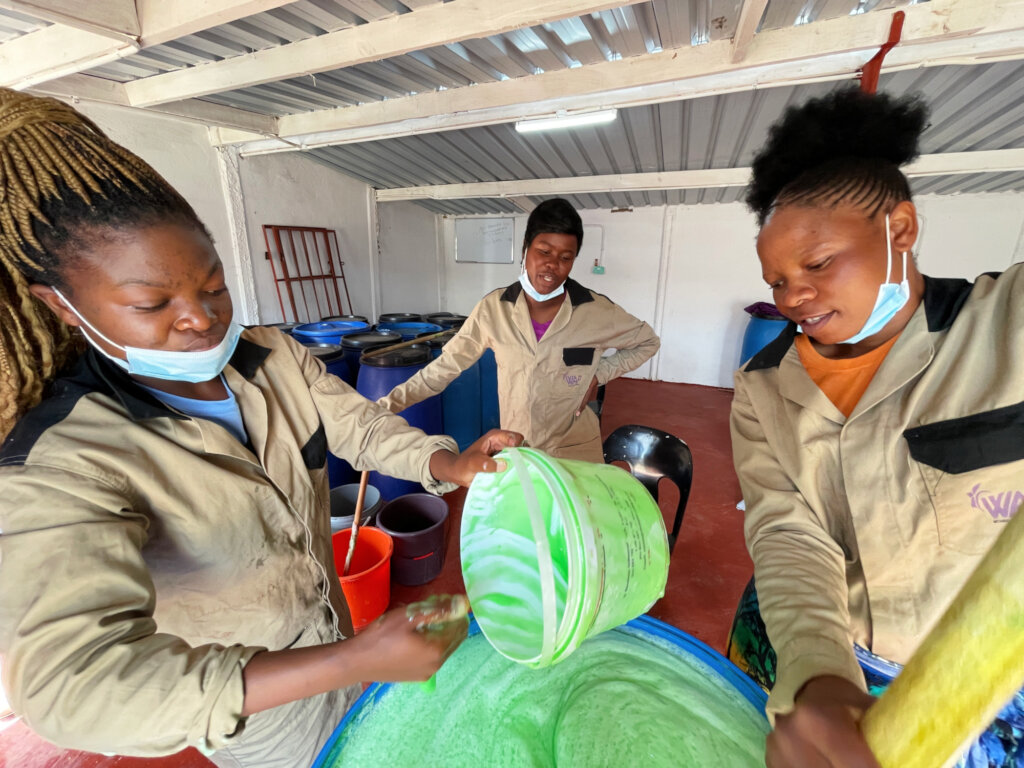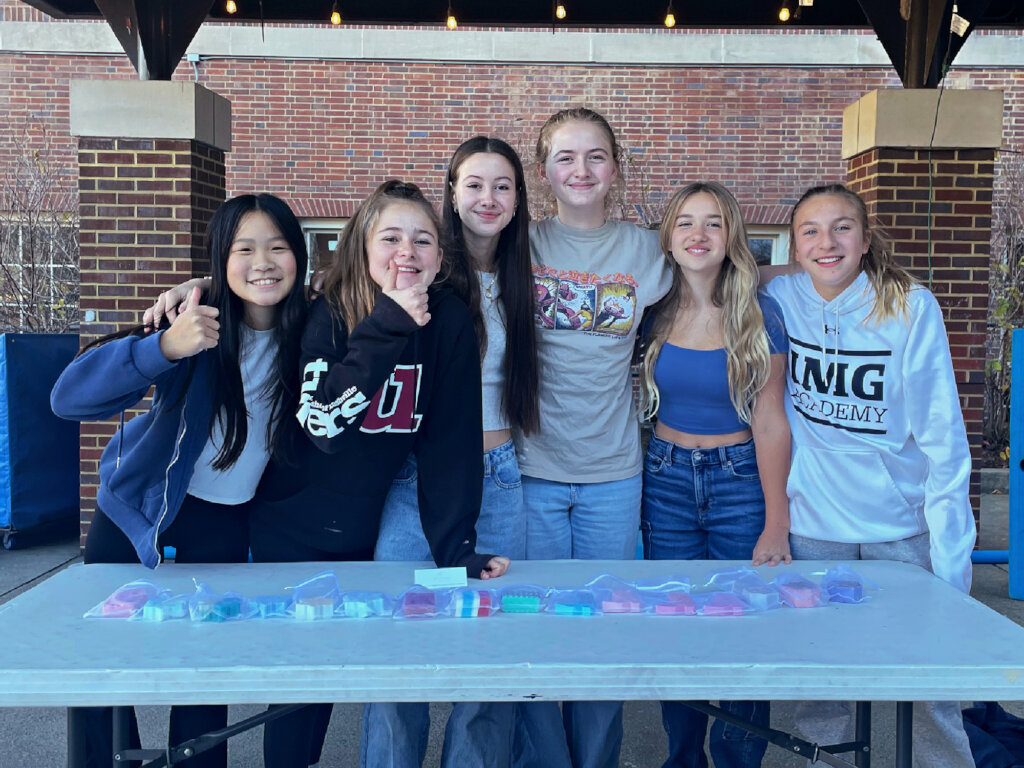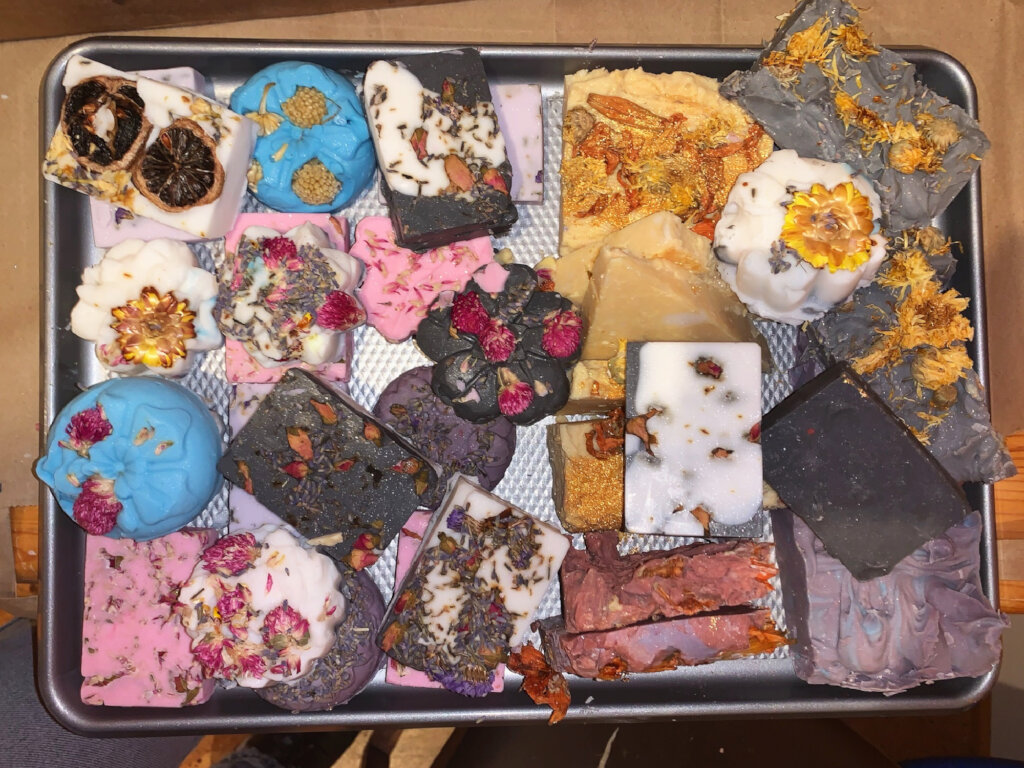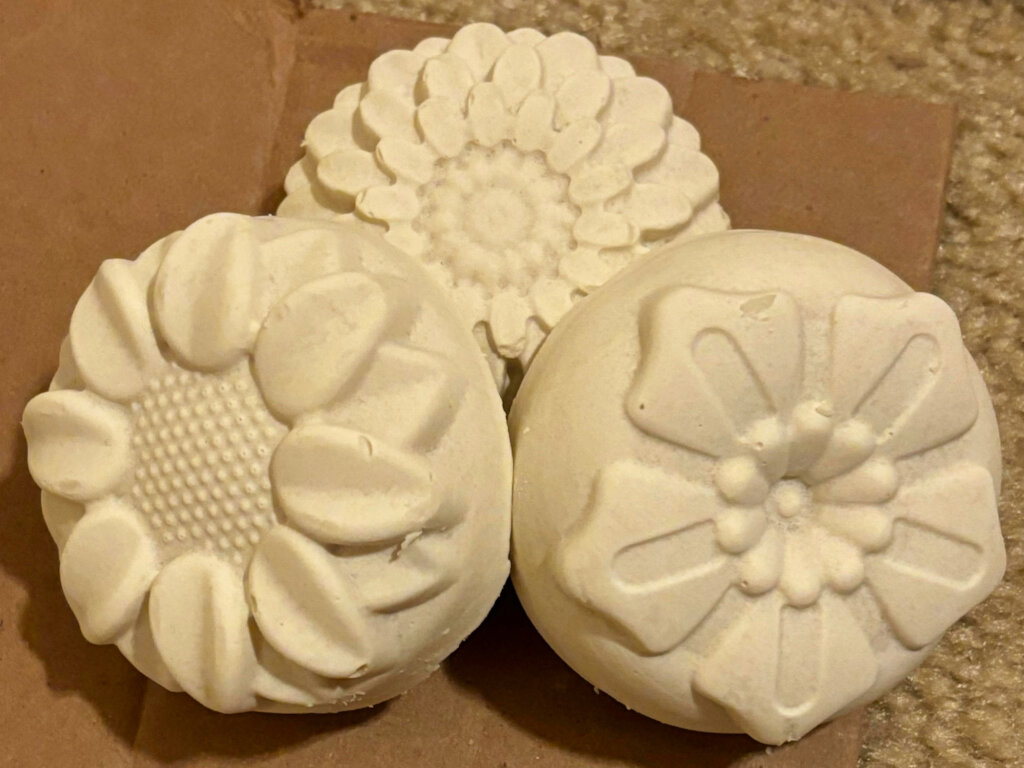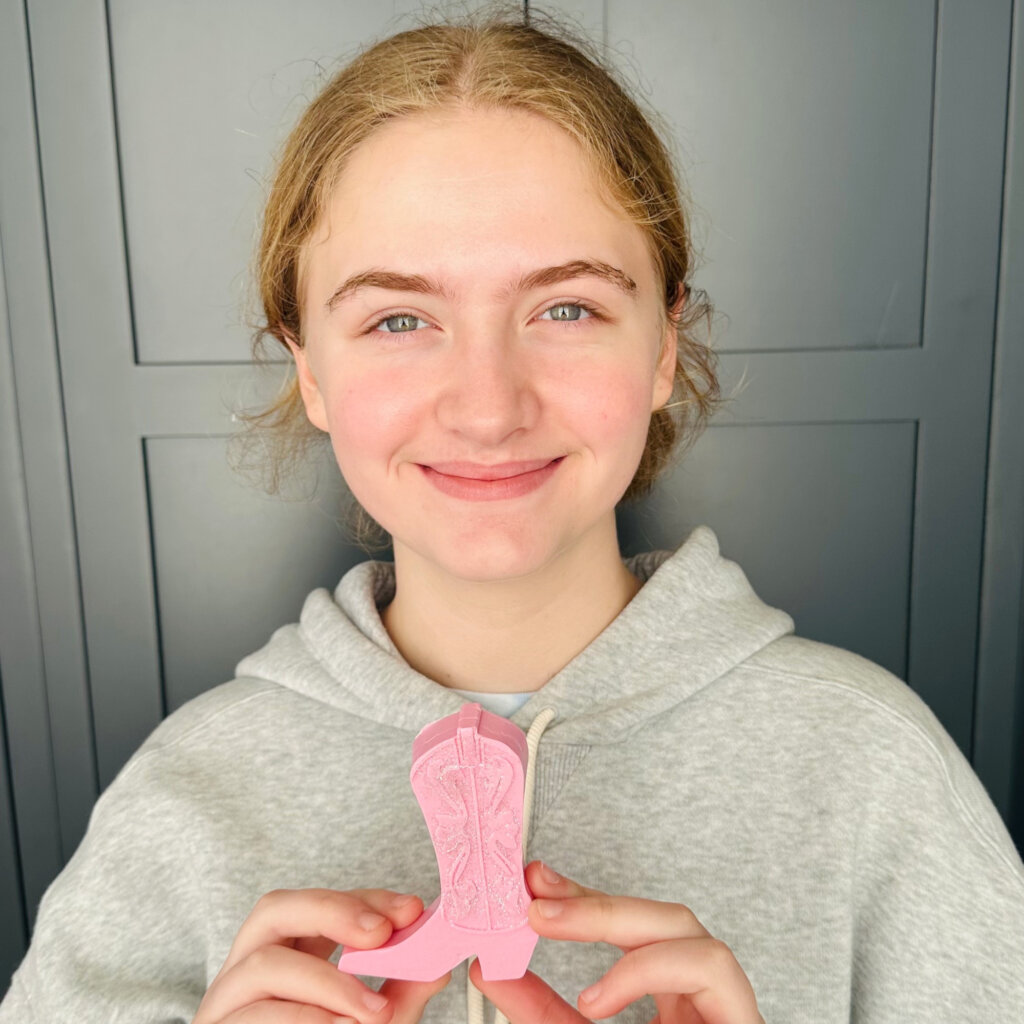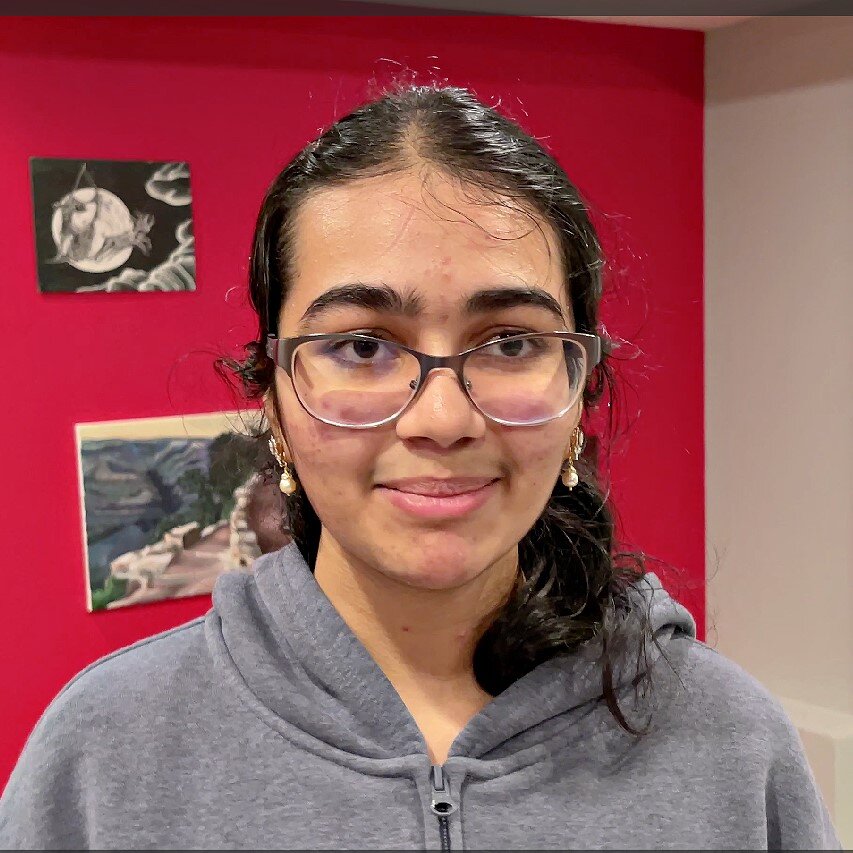By Iain Guest | Project leader in the US
Apologies for cross posting
This report is going to friends who have donated $6,987 to our appeal for Women Advocacy Project (WAP), our partner in Zimbabwe since 2019. Thank you!
As you may know from past reports, your donations have helped WAP build a soap-making business for underprivileged girls at risk from early marriage.
The girls have been making and selling their own brand of soap, known as Clean Girl, since 2019. So far this year they have sold 34,574 bottles at a dollar apiece and earned around $65 a month – a serious income in inner-city Harare. WAP has also sold 14,016 bottles of soap this year through its own network of stores and brought in $23,760. This is being re-invested in the Clean Girl business.
The original objective is being met. Over 300 girls have worked on the program since it was launched and not one has married under the legal age of 18 while participating.
*
WAP’s success shows how initiative and hard work can produce change in the most unpromising circumstances. But it is not, for once, the main subject of this (regular) report. Instead, we propose to focus on an exciting by-product from the Clean Girl project - an inspiring partnership between the girls in Zimbabwe and high school students here in the US.
The partnership has come about because the girls in Zimbabwe still face a big challenge in the form of education. In 2022, Dawa our Peace Fellow (graduate volunteer) at WAP, found that over half the girls selling Clean Girl soap had dropped out of school. The reason was simple – their parents could not afford school fees, which range from $150 to $500 a year. The girls helped with their soap earnings, for sure, but their families still struggled to pay the bills.
As a result, we have shifted our focus from supporting the soap business to an education fund. This is where our donations now go, and over the past two years we have transferred $3,647 to WAP to pay school fees for 38 WAP girls. Of this, $2,440 was raised by students at three high schools in the US.
This exciting development was never part of the original plan. How has it happened and what lessons can we draw?
*
It began in 2019, when we put out the word for student volunteers in the US and heard from Claire, a coordinator of the Girl Up club at the Wakefield High School in Arlington VA. We introduced Claire to two of the girl leaders in Zimbabwe, Evelyn and Trish, and they met on Zoom. This gave Claire the idea of making her own brand of Clean Girl soap in the US.
Claire then graduated and handed over coordination of the Girl Up club to Layla and Stephanie, who decided to join a global story-telling project (The Covid Stitch) launched by The Advocacy Project.
The WAP girls in Zimbabwe were also describing their experience of COVID-19 through embroidery and the two groups began to meet on Zoom to compare designs and complain about the pandemic. The exchanges helped to ease the stress and produced two spectacular advocacy quilts which have since been widely exhibited and admired.
After they graduated, Layla and Stephanie were succeeded at the Wakefield school by two new student leaders, Elena and Nahier, who decided to return to Claire's original idea of making soap. They named their soap Clean Girl, like the girls in Zimbabwe, and together with friends produced eighty bars at home, which they sold for $682. (You can appreciate their effective sales pitch here).
By this time a similar experiment was under way at the South Forsyth school in Atlanta, Georgia led by Nina, an enterprising student who headed the school branch of VIBHA, a large nonprofit that supports education in the Global South. Nina taught herself to make soap through YouTube and organized a team of friends in the VIBHA club. By the time she graduated last year her soap had brought in another $600 for WAP’s education fund in Zimbabwe. Nina handed over the project to Sahasra, the current club leader, before heading to Columbia University. (Meet Nina and her team in our video.)
The third soap-making team, from the University School of Nashville, is headed by Ruby, 14. Ruby learned of the Clean Girl project in Zimbabwe after we met her through the Closeup Foundation during a visit to Washington. She returned to Nashville fired up and worked with her mother (a chemist) and friends to make their own Clean Girl soap. Ruby's team has raised an amazing $1,168 from soap sales so far and Ruby has created an Instagram page (@CleanGirlsSoapNashville). She is keen to connect with other schools and spread the word.
*
What is it about the Clean Girl project that appeals to these students from three different parts of the US?
We pose the question partly because these remarkable student leaders have, of course, had very different interests and ambitions. Claire, who first launched soap-making at Arlington back in 2020, has followed her father and grandfather into the Navy and is now a midshipman at the US Naval Academy. Nina, who started the soap-making in Georgia, is an unabashed activist who helps to organize model UN meetings at Columbia. Sahasra, who succeeded Nina, is a dancer and piano player. Ruby is a volleyball star.
Despite their differences, all of these students have been driven by curiosity and a desire to know Africa. For some this is personal. Meeting with the Zimbabwe girls on Zoom helped Stephanie, who co-led the Arlington stitching project in 2021, to learn about the continent where her own father had been born (in Nigeria). And while Zimbabwe and the US are worlds apart, the meetings have shown that girls everywhere share many of the same hopes and fears.
Our student friends also tell us that Clean Girl offers them an opportunity to be creative and express themselves in a good cause. And while their soaps might share the same name, they look very different! When they made their first soap in Arlington in 2022 Elena and Nahier added herbs to act as a defoliant, giving their soap an exotic look and rough, sprouting edges (photo). In contrast, Ruby’s best-selling soap in Nashville is bright pink, shaped like a sturdy cowboy boot and sprinkled with sequins.
The third Clean Girl brand, in Georgia, has evolved over time. Nina found that cooking soap on a kitchen stove in the basement can be challenging and when Sahasra took over from Nina she simplified and reduced the ingredients to olive oil, water and sodium peroxide powder. Unlike other brands, Sahasra’s soap does not produce a lather or scent, but it is also free from dyes and gentle on the skin. The market certainly approves, judging from the fact that Sahasra’s team recently sold over a hundred bars at $5 a bar.
Finally, and perhaps most important, the Clean Girl project appears to satisfy an urge to contribute to society and volunteer that has been shared by all of these students and encouraged by their parents and teachers. The newest team leader, Sahasra in Georgia, considers herself deeply privileged to have enjoyed first-class education in the US. In addition to school, dancing, piano-playing and soap-making, Sahasra gives five hours of online tutoring to 20 students in rural Georgia and Tennessee every week.
All of which, I think you’ll agree, offers a welcome antidote to the anxiety and cynicism that runs throughout so much of the Global North.
In gratitude
Iain and the AP team
Links:
Project reports on GlobalGiving are posted directly to globalgiving.org by Project Leaders as they are completed, generally every 3-4 months. To protect the integrity of these documents, GlobalGiving does not alter them; therefore you may find some language or formatting issues.
If you donate to this project or have donated to this project, you can receive an email when this project posts a report. You can also subscribe for reports without donating.
